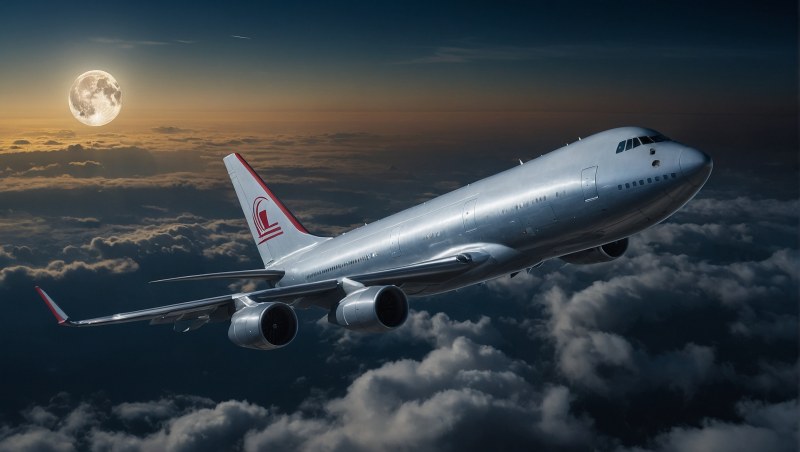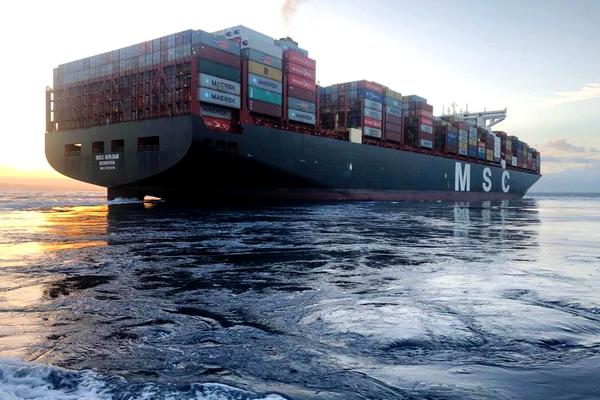MSC consolidates its lead over Maersk, affirming its global dominance in maritime container transport capacity. This was revealed in Alphaliner's February 2024 survey of the global container fleet. The active units total 6,835 (of which 6,031 are fully cellular), offering a combined capacity of 28,974,843 TEU. Of this, capacity on Asia-Europe routes stands at 462,323 TEU, following the trans-Pacific routes (529,055 TEU) and ahead of the trans-Atlantic routes (164,068 TEU).
The bulk of this capacity is controlled by a handful of companies: the top four alone hold 57.9%, and the top ten account for 84.5% of the global capacity. At the helm is MSC, with its 802 container ships offering a capacity of 5,722,496 TEU, equal to 19.9% of the total. This figure is set to rise with the introduction of 115 ships currently on order, which will add another 1,368,668 TEU. It's noteworthy that 51.2% of the current capacity is provided by 294 chartered container ships.
In second place (which was first until January 2022) is Maersk, with its 687 container ships offering a total capacity of 4,199,479 TEU, equal to 14.6% of the total. Of these, 350 are chartered, accounting for 40.3% of the capacity. The Danish company has 36 container ships on order, adding up to a total capacity of 436,480 TEU, insufficient to reclaim the top spot in the rankings, assuming that is their goal.
Third place goes to another European company, CMA CGM, which operates 632 container ships with a total capacity of 3,633,796 TEU, representing 12.6% of the total. The French company has another hundred ships under construction, which will add 1,132,027 TEU to its capacity. In fourth place is the first non-European company, China's COSCO, using 493 container ships with a total capacity of 3,100,324 TEU, equal to 10.8% of the total. Its order book includes 47 ships, for a total of 793,252 TEU.



































































